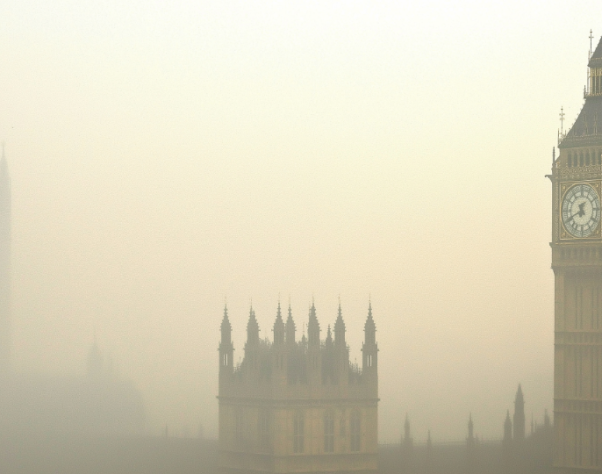Beware the greenwash: navigating green claims
Browsing the supermarket shelves you could be forgiven for feeling confused about how to spend your money in the most sustainable way. Terms like “eco-friendly”, “better for the planet” and “responsibly made” have become commonplace, speaking to the rise in more eco-conscious shopping habits.
But, with consumers’ greenwashing detectors on high alert – our latest report Mind the Green Gap shows that just 29% of consumers trust in the actions companies say they are taking – have we reached a watershed moment for green claims?
Regulatory scrutiny
Regulators are taking note. Take the CMA’s investigation into whether some of the eco-branding used by Asda, Asos and Boohoo creates the impression that their products are more environmentally sustainable than they really are. This is just the start of a wider review into green marketing claims with travel, transport and consumer goods also firmly in the CMA’s sights.
Similar moves are underway for advertising, with the ASA stating that they will be “shining a brighter regulatory spotlight” on problematic environmental claims in the years to come. In particular, we can expect a focus on the use of claims such as “biodegradable” and “compostable” as well as sector specific investigations covering automotives, energy, aviation, food and drink.
This isn’t just a UK issue. The Netherlands Authority for Consumer Markets (ACM) recently asked H&M to make its environmental claims clearer or remove them altogether, with the same request also made of Decathlon. The EU has also zeroed in on green marketing, proposing new legislation that requires companies to use a standardised methodology to underpin the environmental claims they make.
Innovate and communicate
The rub is that even the IPCC acknowledges that there’s a big role for brands to play in what they call the “choice architecture” by making it easier for consumers to reduce their carbon footprints. In a briefing by Futerra, which unpacks the IPCC language, the role of brands is made very clear: they must “innovate and communicate”.
Our own climate change research also makes a powerful case that consumers expect companies to take action on sustainability, with running operations more sustainably, making more sustainable products and offsetting carbon emissions ranked most highly. Communication is also key – 74% of consumers want a simple way to know how ethical a company is at a glance.
So, what does this mean for companies trying to navigate this terrain?
Do your homework and make sure your sustainability strategy is robust
Do you have a robust net zero transition plan? Are your commitments detailed, time bound and measurable? Do you provide data to demonstrate your progress? Are you transparent about where you need to do more? Have you included your supply chain (scope 3) emissions?
Provide the detail on your green claims
Soundbites and slogans aside, the devil is in the detail when it comes to making green claims. Avoid vague language and ensure that you have robust, credible and up-to-date evidence on the full lifecycle of your product to back up any claims you are making.
Educate your marketers on green claims
Ensure that everyone involved in bringing products to market understands the risks of getting it wrong. Bring marketing, legal and communications teams together at the right time – ideally before artworks are approved and advertising agencies have been briefed.
Finally, check existing and new claims against the Green Claims Code
For companies in the UK, the Green Claims Code website provides further guidance, a checklist and even a quiz to test your knowledge.
The mission for brands is clear – help your consumers to have the biggest possible impact on climate change and make it as simple for them as possible to choose sustainable products. But keep it real, do your homework and beware of the greenwash.




